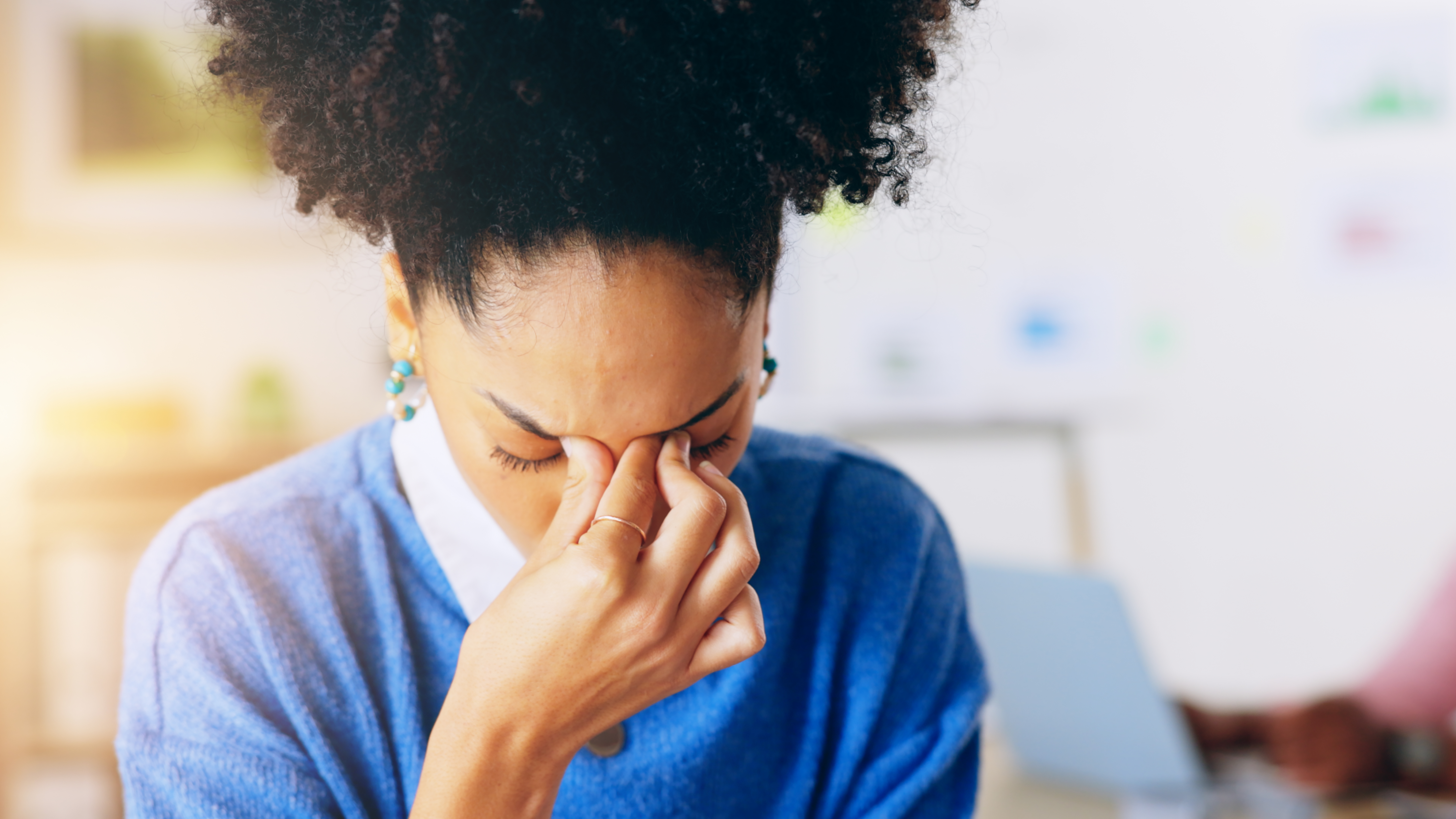Achieving quality sleep and relaxation can be challenging, especially during modern times. Sleep is very important for many processes within the human body, including cognitive function, energy restoration, and immune health. Relaxation is closely related to sleep in its broad health benefits and ability to help achieve better sleep. Certain botanicals have been shown to have a clinically relevant role in supporting both sleep and relaxation.
Montmorency cherry extract (Prunus cerasus) has been shown to support production of melatonin and help support sleep quality and duration. In a randomized, placebo-controlled clinical trial, supplementation of cherry powder for 7 days significantly increased exogenous melatonin in participants.
In a placebo-controlled crossover study, patients with insomnia who were 50 years of age and older were randomized to a group consuming cherry juice or a placebo. Results suggest that cherry juice improved sleep time and sleep efficiency.
Another study assessed the efficacy of several natural compounds on sleep quality, including cherry juice, and the results indicated that cherry juice or powder can support both sleep time and efficiency. In this study, it was also noted that this nutritional supplement had no detrimental effects on next-day performance, sleep architecture, or subjective sleep measures unlike some treatments of pharmacological origin.
California poppy (Eschscholzia californica) has been shown to have calming properties in animal studies, which are attributed to its alkaloid constituents. The proposed mechanism of action of California poppy suggests that the alkaloid constituents bind to GABAA receptors. A review article also reported the possibility of serotonin receptor involvement. In addition, a human study administered California poppy and valerian every night for 4 weeks to adult subjects with adjustment insomnia and found that subjective anxiety measures had decreased by 50%.
Lavender (Lavandula angustifolia) has been shown to improve sleep quality parameters in a randomized, placebo-controlled, 5-night study. After a follow-up was conducted, individuals in the treatment arm continued to report improved sleep quality even 2 weeks after ending treatment. In addition, a statistically significant finding for the parameter of “waking feeling refreshed” was reported in the treatment arm. A systematic review and meta-analysis of 65 randomized control trials (RCTs) totaling 7,993 participants for qualitative analysis and 37 RCTs with 3,964 participants for quantitative analysis were evaluated for the efficacy of lavender on anxiety. The results indicated a statistically significant improvement in anxiety with oral administration of lavender measured with any validated scale.
Botanicals, such as California poppy, cherry extract, and lavender, can be effective as a means of supporting relaxation and sleep health. In addition, these botanicals may not have the side effects associated with common sleep aids. Supporting sleep health and relaxation can be a way to promote a healthy mood, healthy brain function, energy production, and a myriad of other functions in the human body.
By Colleen Ambrose, ND, MAT






